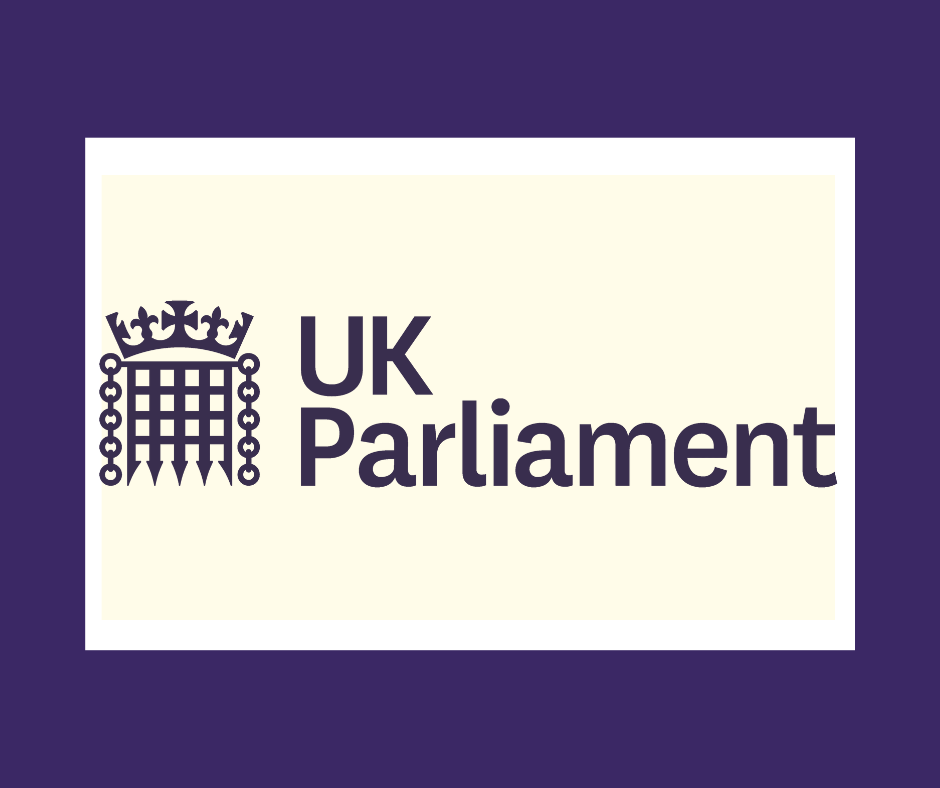 On Thursday 1st February, the Levelling Up, Housing and Communities Committee published a report with a number of recommendations to the Government around local authority funding problems. The Government has two months to respond.
On Thursday 1st February, the Levelling Up, Housing and Communities Committee published a report with a number of recommendations to the Government around local authority funding problems. The Government has two months to respond.
Chapter four of the report addresses key spending pressure for local authorities in delivering services for children and young people with SEND.
The report states that “the amount of funding provided by the Department for Education has not kept pace with this increase in demand and costs.”
It acknowledges steps to help local authorities manage budgets such as the statutory override (which has been extended to March 2026) and safety valve agreements. However, it states that it does “not address the underlying mismatch between demand, costs, and annual DSG funding and it will not prevent local authorities from accumulating further deficits subsequently.”
It says that the Minister for Local Government wrote to the Committee in December 2023 to say “low confidence in mainstream school settings” is causing parents and carers to feel the need to secure EHC plans and specialist provision for their children. The Committee feel that this has led to increased demand and pressures on both the provision of education services for those with SEND and for more costly forms of home-to-school transport, as more families seek places in special schools, the most suitable of which may be located outside of their local area.
Home-to-school transport, which is not funded via the DSG, and requires local authorities to fund it via their general revenue funding, is highlighted as a concern. North Yorkshire Council is given as an example of how five years ago its spend on SEND school transport was £5 million a year and now it has soared to £21million.
The Committee makes the following recommendations:
- The Government should provide clarity to local authorities on its specific expectations for resolving existing DSG budget deficits, and agree with local authorities a set of realistic and achievable steps, supplemented by sufficient additional funding, for eliminating these existing budget deficits. This should be done by 31 March 2024.
- The Department should commission a cross-government independent review of Education, Health and Care Plans and consider fundamental reform of this system, to put SEND provision on a financially sustainable footing for local authorities whilst ensuring that all children and young people with SEND have access to the services that they need. This review should also address provision in mainstream and special schools. Furthermore, the Government, when considering future financial support for local authorities, should assess the future demand for SEND within the wider context of schools as part of the Dedicated Schools Grant funding.
- Additional funding for home-to-school transport is necessary in the short-term. Therefore, the Government should assess the benefits of introducing new statutory guidance aimed at encouraging the use of less costly forms of shared transportation. In response to this Report, the Government should set out the results of this assessment in full.
We agree with the report that the current interventions to curb local authority High Needs Spending do not address underlying issues and we support the first and third of its recommendations around local authority deficits and assessing funding for home-to-school transport.
However, we are not convinced that its second recommendation, in which it calls for another full review of SEND, is the answer. We have spent five years in ‘reform’ since the start of the SEND Review in 2019, with no reasonable expectation of wider system change until at least 2025.
To read the full report, visit: Financial distress in local authorities - Levelling Up, Housing and Communities Committee (parliament.uk)